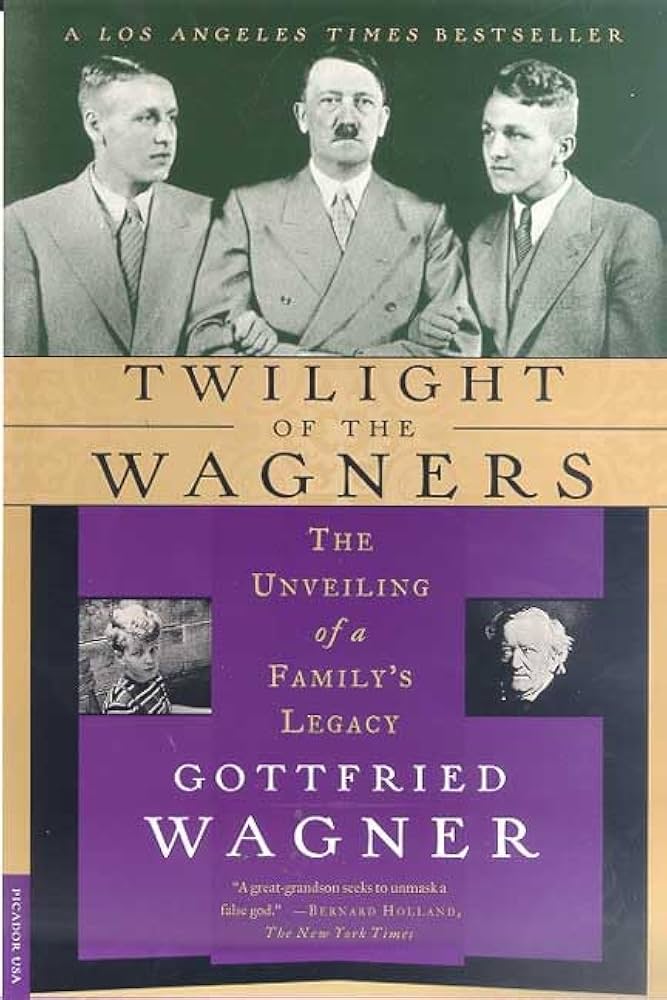Baron Trump, the youngest son of former President Donald Trump and Melania Trump, has often been a subject of speculation and interest, particularly regarding his developmental health. As the world continues to explore the complexities of autism, many have wondered about Baron’s place within this spectrum. Through this article, we aim to provide a comprehensive understanding of Baron Trump’s life, his experiences, and the conversations surrounding autism and public figures.
Baron Trump, born on March 20, 2006, has lived a life filled with public attention, particularly due to his father’s political status. His upbringing in the White House during his father’s presidency has sparked numerous discussions about his childhood and personal challenges. Among these discussions, one prominent topic has been the speculation about Baron Trump being on the autism spectrum. Autism is a developmental disorder that affects communication, behavior, and social interaction, and many are curious to understand how this relates to Baron’s life.
The conversation surrounding Baron Trump and autism is not just about speculation; it opens up broader discussions about mental health, acceptance, and the importance of understanding neurodiversity. As society evolves, so does our comprehension of autism and its varying manifestations. In this article, we delve deeper into Baron Trump’s biography, explore the autism spectrum, and address the implications of these discussions on public perception and individual identities.
What is Baron Trump’s Biography?
Baron Trump is the youngest child of Donald and Melania Trump. His life has been filled with unique experiences that set him apart from other children his age due to his family’s prominence. Below is a brief overview of Baron’s personal details:
| Detail | Information |
|---|---|
| Full Name | Baron William Trump |
| Date of Birth | March 20, 2006 |
| Parents | Donald Trump, Melania Trump |
| Education | St. Andrew’s Episcopal School (previously), currently enrolled in a private school |
| Interests | Sports, particularly golf and soccer |
Is Baron Trump Autistic?
The question of whether Baron Trump is autistic is one that frequently arises in public discourse. There is no official confirmation or statement from the Trump family regarding Baron’s neurodevelopmental status. This absence of information leaves room for speculation, which can often lead to misinformation.
Why is the Discussion Around Baron Trump and Autism Important?
Discussions about autism, especially when linked to public figures like Baron Trump, are crucial for several reasons:
- Awareness: Raising awareness about autism helps demystify the condition and promotes understanding.
- Acceptance: Public discussions can foster acceptance and encourage supportive environments for individuals on the spectrum.
- Education: Focusing on autism can lead to better educational resources and support systems for families affected by autism.
How Does Baron Trump’s Life Reflect Autism Awareness?
While there is no confirmed link between Baron Trump and autism, his life and experiences can reflect broader themes of autism awareness. The public’s interest in Baron’s life can serve as a platform for discussions around neurodiversity and the importance of inclusivity. As a young person in the public eye, Baron’s experiences could help shed light on the challenges and triumphs of those on the autism spectrum.
Can Public Figures Influence the Narrative on Autism?
Public figures often have a unique ability to influence societal perceptions and narratives. In the case of Baron Trump, his visibility can contribute to the following:
- Normalizing Autism: If he were to be open about his experiences, it could help normalize conversations about autism.
- Advocacy: Public figures can become advocates for autism awareness and support, encouraging others to share their stories.
- Resource Highlighting: They can draw attention to available resources and support systems for families dealing with autism.
What are the Implications of Autism Speculation on Baron Trump?
Speculating about Baron Trump’s neurodevelopmental status can have various implications:
- Privacy Concerns: Such speculation can infringe on the family’s privacy, raising ethical questions about public interest versus personal boundaries.
- Potential Stigmatization: If Baron were to be confirmed as autistic, it might lead to stigmatization rather than understanding.
- Focus on Individuality: Each person’s experience with autism is unique; generalizing based on public perception can overlook individual stories.
What Can We Learn from Baron Trump’s Experience?
Regardless of Baron Trump’s neurodevelopmental status, his life offers valuable lessons:
- Empathy: Understanding and empathy towards individuals with autism can foster a more inclusive society.
- Advocacy for Acceptance: Engaging in conversations about autism can promote acceptance and reduce stigma.
- Valuing Individual Stories: Every individual’s journey is unique; valuing personal stories can lead to a deeper understanding of autism.
How Can We Support Autism Awareness Initiatives?
Supporting autism awareness initiatives can take many forms:
- Education: Educating oneself and others about autism and its many facets.
- Advocacy: Supporting organizations that work towards autism awareness and resources.
- Community Engagement: Participating in local events or discussions that focus on autism and inclusivity.
Conclusion: What Does the Future Hold for Baron Trump and Autism Awareness?
As we reflect on Baron Trump’s life and the conversations surrounding autism, it’s essential to approach the topic with sensitivity and understanding. Whether or not Baron Trump is on the autism spectrum, the discussions prompted by his public presence can contribute to greater awareness and acceptance of autism in society. Embracing neurodiversity and fostering an inclusive environment is a collective responsibility that benefits everyone.

